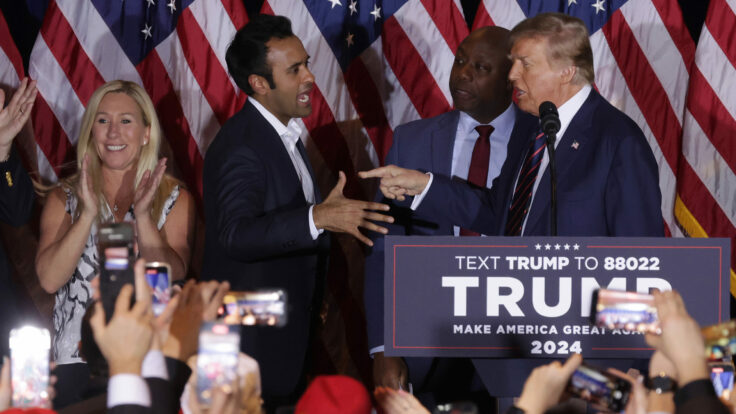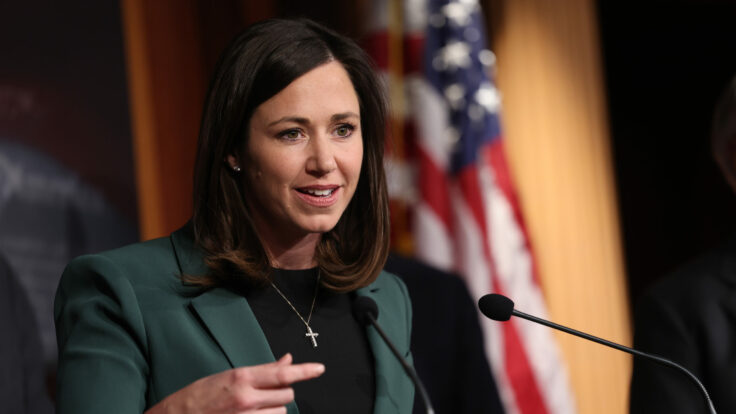This week, MAGA whisperer Tina Nguyen and I exchanged notes about the dynamics in Congress as Republicans claw their way back to House leadership. Only she can uniquely explain what the Freedom Caucus really wants, and I’m trying to decipher what other pounds of flesh the rest of the caucus will take from Kevin McCarthy as he vies to become Speaker. Could the moderates make a play with moderate Democrats to pick their own speaker? Could McCarthy make a last ditch deal with Democrats? We’re in for a wild few weeks.
Tara Palmeri: Tina, you are so attuned to the MAGA wing of the Republican caucus—can you please explain to me their dream scenario for this Congress? Like if there were no moderates, no handrails, what would they do?

















